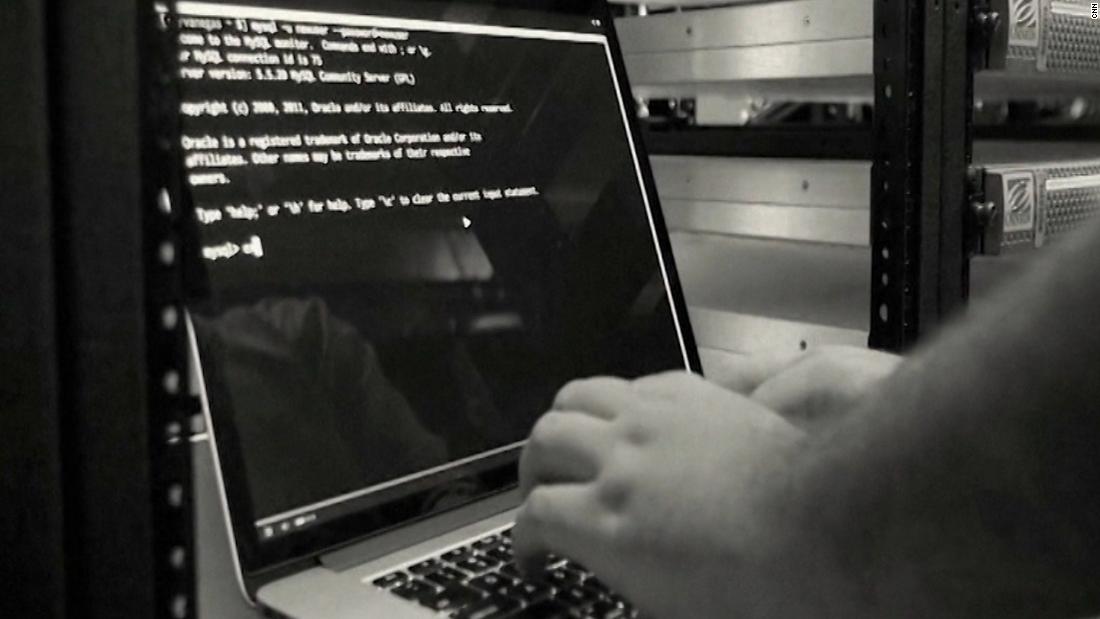
Russian national Elena Alekseevna Khusyaynova, 44, of St. Petersburg, Russia, was charged with conspiracy to defraud the United States, and allegedly worked on funding online propaganda efforts to manipulate American voters in the 2016 and in the 2018 election.
Khusyaynova was allegedly working with the Internet Research Agency (IRA), the troll group that wreaked havoc in the lead up to the 2016 election posing as Americans on social media. The group was indicted by special counsel Robert Mueller in February. Posts from the IRA on Facebook were seen by more than 100 million Americans, according to the social media company.
"Today's indictment of a Russian national for attempting to sow political and social discord ahead of the 2018 midterm election demonstrates that our elections continue to be a target for our adversaries," said DHS Press Secretary Tyler Houlton.
A top Russian official accused Washington of "fabricating" a pretext to impose further sanctions.
"We have repeatedly said that this is a shameful, slanderous campaign. It is dictated by the desire of some American politicians to gain advantage in their inter-party quarrels and at the same time put pressure on Russia," said deputy foreign minister Sergey Ryabkov.
Earlier this week, Facebook showed reporters its election "war room" at its California headquarters as it prepares for next month's midterm elections. The company says it has hired thousands of new employees, invested in artificial intelligence, and has brought in new rules for political ads, all in an effort to avoid a repeat of 2016.
In August, the US intelligence community presented a united front in the White House briefing room, as senior officials from multiple agencies spoke about the coordinated attempt to tackle election interference.
"We continue to see a pervasive messaging campaign by Russia to try to weaken and divide the United States," said Director of National Intelligence Dan Coats at the briefing.
But the renewed focus from Silicon Valley and Washington on tackling the issue, along with US sanctions, has not deterred the Russians, it appears.
While the the US hasn't experienced anything "remotely close" to the level of hacking attempts ahead of the 2016 election, social media influence and misinformation campaigns by foreign actors have continued in 2018, according to the Department of Homeland Security.
"That sort of activity has persisted," said DHS cyber chief, Under Secretary Christopher Krebs on Friday at an election security briefing with state and federal officials.
The department has continued to see activity from the Russians, the Chinese, and "increasingly" the Iranians to "use social media to influence the American public, to sow discord and increase divisiveness," said Krebs.
The troll operation, Friday's complaint alleges, is still well-funded. The group spent $12.2 million in 2017, and in March of this year, Khusyaynova compiled a monthly budget for the operation of approximately $1.7 million dollars, the complaint claims.
The complaint outlines how up until as late as May of this year, the group were posing as Americans on Twitter, posting about American politics and a range of social and cultural issues. The Russian's efforts do not appear to have stopped in May, however. In July, Facebook removed a network of pages posting about a white supremacist march planned for Washington, D.C., the company said it suspected the pages were run from Russia.
In 2016, the St. Petersburg operatives brazenly paid for Facebook ads targeting Americans in Russian rubles, and groups like theirs have become more sophisticated at masking their identities from the social media companies and avoiding detection, Nathaniel Gleicher, Facebook's head of cybersecurity policy, told CNN recently.
Gleicher, a former federal prosecutor, is among a new group of hires the tech company has made from the intelligence community as it attempts to tame state-sponsored propaganda.
Google and Twitter have been less forthcoming about the steps they have taken to secure their platforms as the election nears -- but both say they are committed to tackling the problem and have implemented new policies when it comes to political advertising and other election-related issues.
"The investigative team received exceptional cooperation from private sector companies, such as Facebook and Twitter," the Department of Justice said in a statement when it unsealed Friday's complaint against Khusyaynova.
To plan for the midterms, DHS has been looking back at the Russian spear phishing campaigns and other sorts of attacks on state and local election infrastructure to "make sure those things don't happen again," said Krebs.
Krebs told reporters that given the relative level of quite ahead of Election Day, the DHS is trying to determine if there will be any last-minute cyber attacks or previously undetected election intrusions.
"When I'm not seeing a lot of activity it gets me thinking through some worst case scenarios," he said.
No comments:
Post a Comment